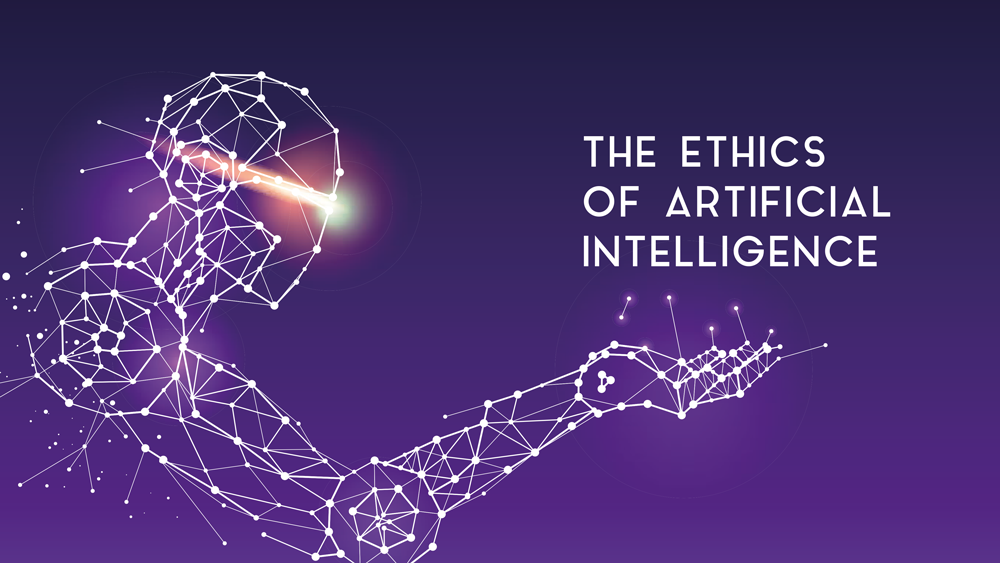Artificial intelligence (AI) has rapidly become a key driver of innovation in various industries, from healthcare and finance to transportation and entertainment. However, with great power comes great responsibility, and AI is no exception. As AI continues to evolve and become more sophisticated, so do the ethical challenges it poses. In this article, we'll explore the ethics of artificial intelligence and the need to balance innovation with responsibility in its development and use.
Another ethical challenge posed by AI is the potential for unintended consequences. AI systems can be highly complex and difficult to predict, and their decisions and actions can have far-reaching effects. For example, an AI system used in healthcare to diagnose diseases could potentially misdiagnose a patient, leading to incorrect treatment and harm. To address this challenge, it is important to carefully evaluate the potential risks and benefits of AI systems before deploying them, and to have mechanisms in place to monitor and address any unintended consequences.
Finally, the ethical challenges posed by AI also extend to issues of privacy and security. AI systems often rely on large amounts of personal data to function, and this data must be protected from unauthorized access and misuse. Additionally, the use of AI in surveillance and other contexts raises concerns about potential infringements on individual rights and freedoms. To address these challenges, it is essential to have strong data protection and privacy regulations in place, and to ensure that AI systems are designed and used in a way that respects individual rights and freedoms.
In conclusion, the ethics of artificial intelligence are complex and multifaceted, and require careful consideration and attention from all stakeholders. As AI continues to play an increasingly important role in our lives and society, it is essential that we balance innovation with responsibility and ensure that AI is developed and used in a way that aligns with our values and ethical principles.
